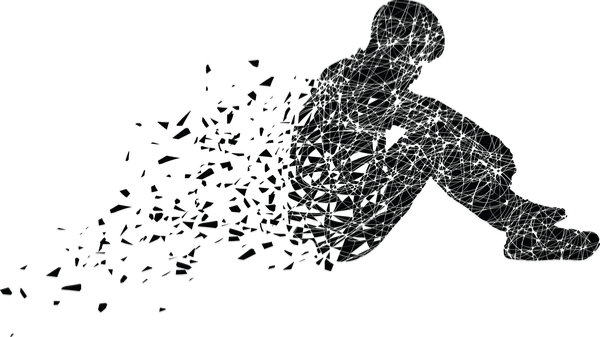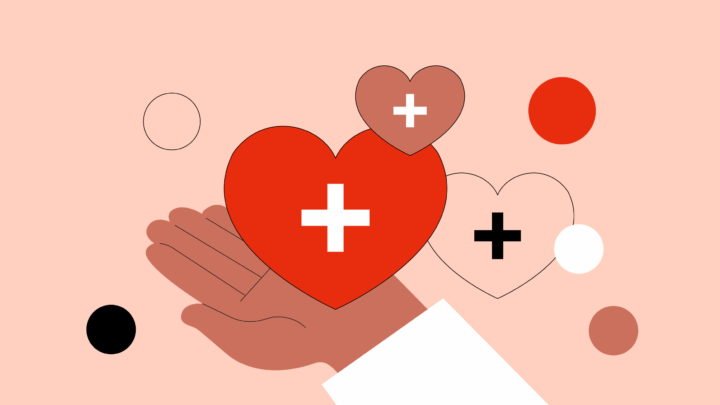
Depression has become so prevalent in our society that many argue that it is an epidemic. In fact, 20 percent of the American population will experience at least one episode of what we refer to as clinical depression. However, in other countries such as Japan, China, and Nigeria only 6-7.4 percent of the population report suffering from any mental health disorder.
Some have raised the question about whether depression is a disease produced by Western culture, arguing that Western cultural values encourage us to live in “depressing” ways, such as the fact that many people live intensely competitive lives where rewards and achievements rely on external validation and markers. Research has shown that, throughout history, societies in the South Pacific that live with far less coercion also have significantly less mental illness.
In light of this debate, we polled physicians to ask, “Do you think depression is a disease produced by Western cultures?”
Out of the 3139 physicians from 45 countries who responded, an overwhelming 81 percent responded “no,” arguing that while depression may manifest itself differently in different cultures, it is ultimately universal:
“Depression strikes all cultures, although it can manifest itself differently in different cultures.” – General Practice, France
“While it may be an influential factor… [the main cause cannot be attributed to] Western cultures. We live in a globalized society where a competitive system is always present.” – General Practice, Venezuela
“Depression probably exists in the American population at roughly the same rate as the rest of the world, but in America it is enormously amplified. Marketers especially, but also psychiatrists, pharma, psychologists, therapists, social workers and many others all view depression from the standpoint of secondary gain. If only some poor devil can be convinced that they are depressed (or if they actually do suffer from depression) then there’s a huge infrastructure in place to make money off that particular misfortune. Causing the patient to get well is rarely the point.’ – Anesthesiology, US
“It is so old that there are already stories of it in ancient Greece, in our era there are more pressures on the human being that unleash it.” – Gastroenterology, Argentina
“Any human being is susceptible to suffering from depression, since we can all be affected/overcome by circumstances and environment.” – General Practice, Spain
“Depression has no relationship to any culture. However, it has been readily diagnosed and treated in Western culture.” – Psychiatry, US
“Depression is a disease of Eastern and Western cultures. In China there is a disease, which translated in Spanish is ‘to die of sadness.’ If there was no depression in Eastern cultures, suicide rates would not be as high in Asian countries such as Korea and Japan where depression can occur at all ages and due to different circumstances such as work stress or loneliness in older adults.” – Family Medicine, Spain
“There are many other factors that influence the depression not only the geographical location.” – General Practice, Venezuela
“In today’s globalized society, stress and anxiety tends to be exacerbated. Certainly, they underestimate patients who present them and this eventually triggers a feeling of restlessness in the patient, which, in turn, could promote the emotional imbalance, and depression can occur as a final result. I do not think that only a part of the world suffers it even if the socioeconomic conditions could explain it.” – Physical Medicine, Venezuela
“Depression is a worldwide phenomenon – but in the ‘western world’ we are focused on psychiatric diseases, we are the only one who wants to explain every variation from ‘normality’ with a ‘real disease’…” – Radiology, Germany
The poll was fielded in March of 2017. 3,139 physicians responded to the poll. The margin of error for the global poll was ±2%. More information about Sermo polling methodology can be found here.
Are you a physician? Log into Sermo to weigh-in on public health conversations with other doctors from around the world.














